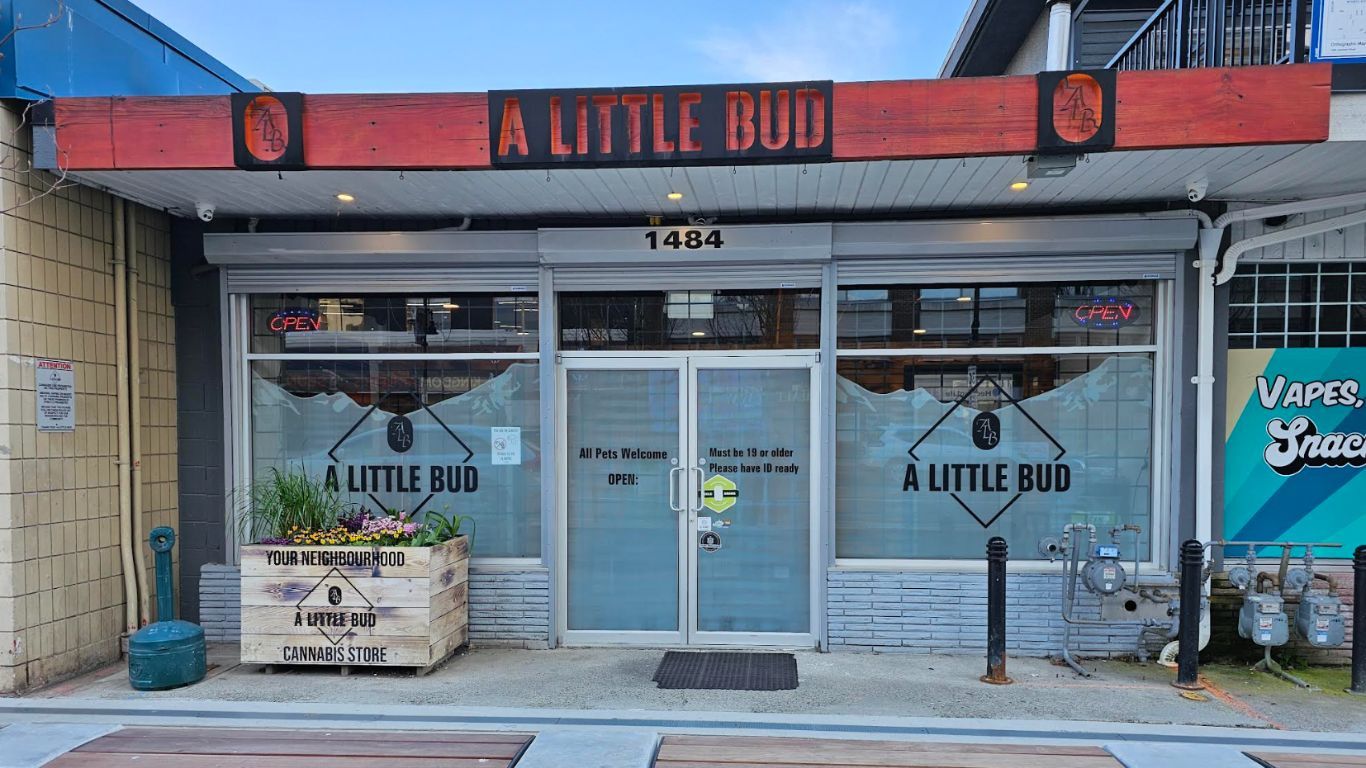
An outdoor micro cultivator on Vancouver Island who recently gave up their federal cultivation license says their biggest challenge wasn’t taxes or regulations, but the struggle to find a reliable processing partner to get their product to market.
Highlighting one of their most recent challenges, Katy Connelly of Sea Dog Farm, says they recently had to take a processor to court over non-payment, resulting in a default order in BC Small Claims Court in June 2024. In July, the court issued an Order for Seizure and Sale, granting permission for a bailiff to seize and sell Black Fin Extracts Ltd.’s assets in order to pay their debts.
Black Fin is a micro processor also located on Vancouver Island. The company’s representatives did not respond to a request for comment for this article. The company’s website is no longer available but was active and archived as recently as July.
Connelly says after agreeing to buy their cannabis harvested at the end of the 2023 season and sending it to them to be processed and packaged for retail sales, she and her partner never heard back from Black Fin. After several months of trying to contact them, Sea Dog was forced to sue Black Fin for their payment for or return of their cannabis.
This was not Connelly’s first challenge with producers, though. She explains that previous deals with four different processors in 2020, 2021, and 2022 also did not work out as promised, saying they either never received their product or payment, or they received much less than anticipated or promised.
Sea Dog Farm first received its outdoor micro cultivation licence in late 2019 for just $15,000, markedly lower than the hundreds of thousands or even millions of dollars some spend on a facility to get licensed. Sea Dog is a small, 5-acre, family-run farm selling fruits, veggies, honey, flowers and alpaca fibre, often through their farmgate stand in Saanichton.
Now that she has revoked her federal cannabis cultivation licence, she says she’s looking forward to turning all her focus to the rest of the farm, which does not come with such challenges.
“Every year, I make a multitude of verbal agreements with florists, local farmers markets and distributors to sell my organic farm-grown products (non-cannabis),” Connelly tells StratCann. “I then give out thousands of dollars in invoices every month. Without fail, every single invoice was paid in the manner agreed upon and on time.
“My experience with five different processors in the cannabis space has been the exact opposite. Not one processor has paid the agreed upon price, processed on time or paid in full.”
“In my experience, the challenge, for small-scale growers in the legal cannabis industry do not stem from taxes or government oversight. Challenges for micros can be directly linked to unprofessional conduct by processors.”
For other growers in similar shoes, Connelly says payment up-front is much smarter than profit sharing, even if it can mean (in theory) more money to do profit sharing.
“Toll processing, with the costs upfront, would have been a better approach than profit sharing with a processor who can add costs and hold on to profits. Sending flower to a processor (or multiple processors) in smaller batches with firm, non-negotiable deadlines would have reduced the risk to the grower.”
Sea Dog Farm’s micro cultivation licence was officially revoked on Friday, September 13, 2024.











